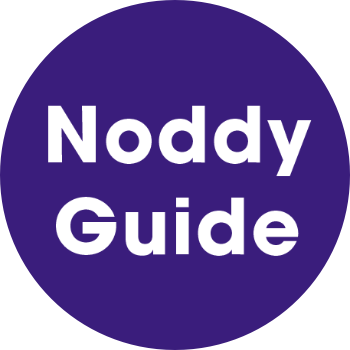08.12 Does the term “waking day curriculum” have any legal meaning?
A: SenseCheck

- 0 Yes
- 1 No
- 0 Other
- 24 Feb 2025
-
No
|
Complex
No. The UT has acknowledged the imprecision of the term “waking day curriculum”. It generally means that “the person’s special educational needs are such that they call for special educational provision to be delivered beyond ‘normal hours’”. It may be linked with residential placement, but not necessarily so: East Sussex CC v TW [2016] UKUT 528 (AAC)#28-30.
Some of the dangers of the use of the non-statutory term “waking day curriculum” as a proxy for the more nuanced approach which is required have been explained in LB Southwark v WE [2021] UKUT 241 (AAC). UTJ Jacobs memorably stated at #1 in relation to the term “waking day curriculum”: “If those words do not induce a feeling of dread in a judge of this Chamber, at least they produce a sense of foreboding”. The following questions need to be asked: (1) does the child/young person have a learning difficulty or disability and does that call for SEP, if so the child/young person has SEN (Section B); (2) what SEP is called for (Section F); (3) what name or type of institution that the child/young person should attend. A “waking day curriculum straddles Sections F and I”: #5-12. The FTT erred where it went beyond interpreting the existing wording of Section F in a Section I appeal: #22-26.
Noddy’s experience is that the term “extended day curriculum” is sometimes now used instead, however in their view this term – though slightly more legally correct - suffers from the similar issues as “waking day curriculum” (not least in the use of the word ‘curriculum’).
More: 08.13 Is there a particular rule about when a child requires out of hours SEP?

|
Comment